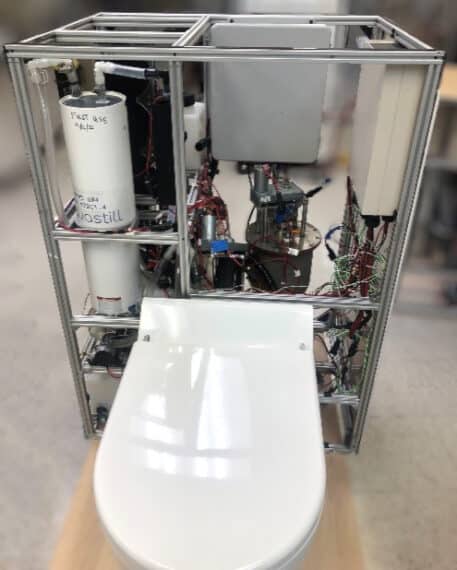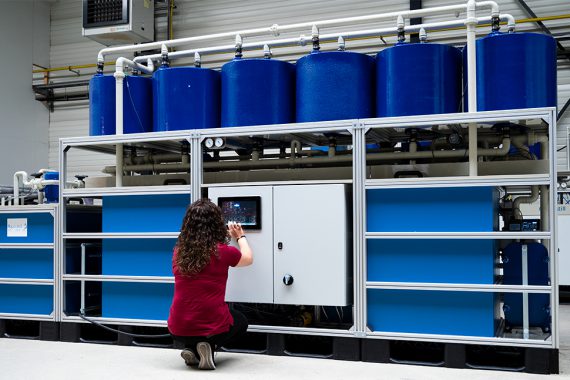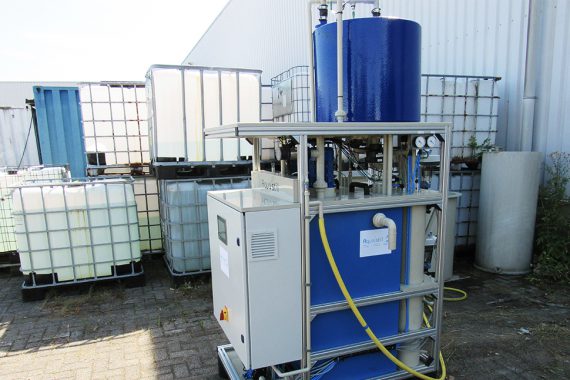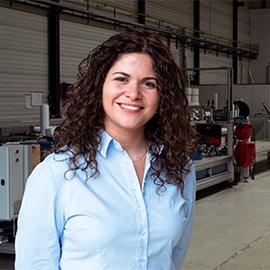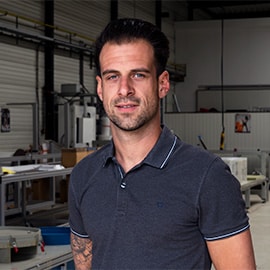Desalination of Produced Water by Membrane Distillation: Effect of the Feed Components and of a Pre-treatment by Fenton Oxidation
Authors: Francesco Ricceri, Mattia Giagnorio, Giulio Farinelli, Giulia Blandini, Marco Minella, Davide Vione, Alberto Tiraferri
Summary: The treatment of produced waters (by-products of oil and gas extraction) with the innovative process of membrane distillation is challenging, because these highly saline streams contain high concentrations of organic compounds and hydrocarbons that cause membrane wetting and impairment of performance. To design the most compact treatment scheme and with the aim of obtaining an easier management of produced water for reuse purposes, Fenton oxidation is here investigated as a feed pre-treatment that may produce an effluent easily handled by membrane distillation. In high-recovery membrane distillation tests, we systematically investigate the detrimental effects of individual contaminants in a synthetic produced water mimicking the composition of a real sample. The recovery rate depends strongly on the initial salinity, which eventually causes scaling and pore blocking. Surfactants are found to be mainly responsible for membrane wetting, but volatile and hydrophobic organics also spoil the quality of the product water. A Fenton oxidation pre-treatment is thus performed to degrade the target organics, with the aim of enhancing the effectiveness of the following membrane distillation and to improve the quality of the final product. The combined oxidation-membrane distillation scheme has both advantages and limitations, which need to be carefully evaluated and further investigated.
Read more
Projects
Team
sustainable heat

desalinates water
